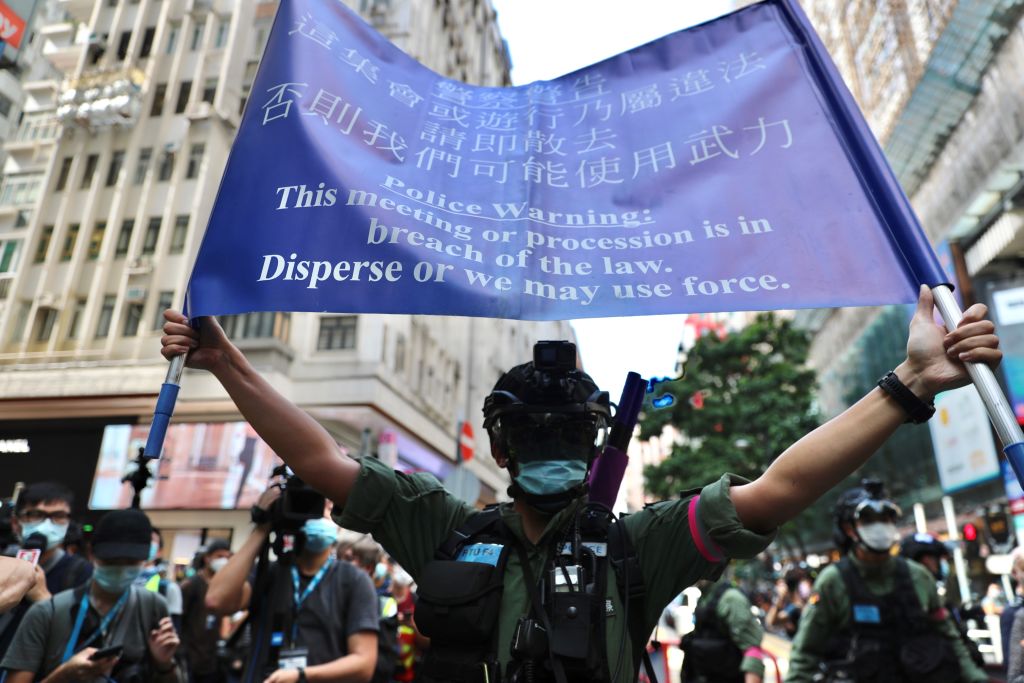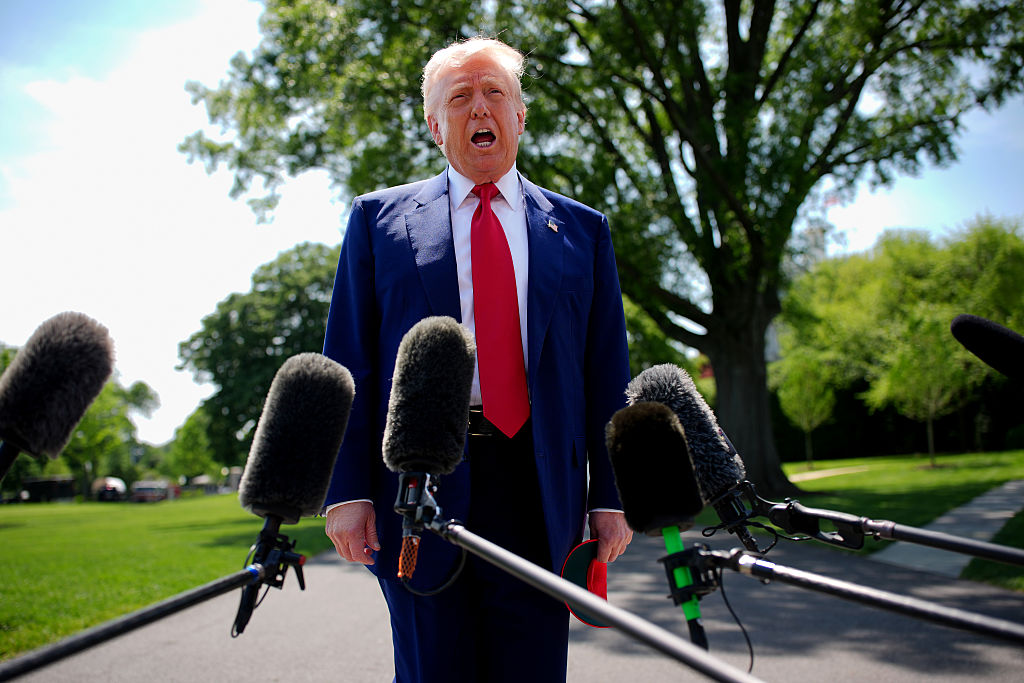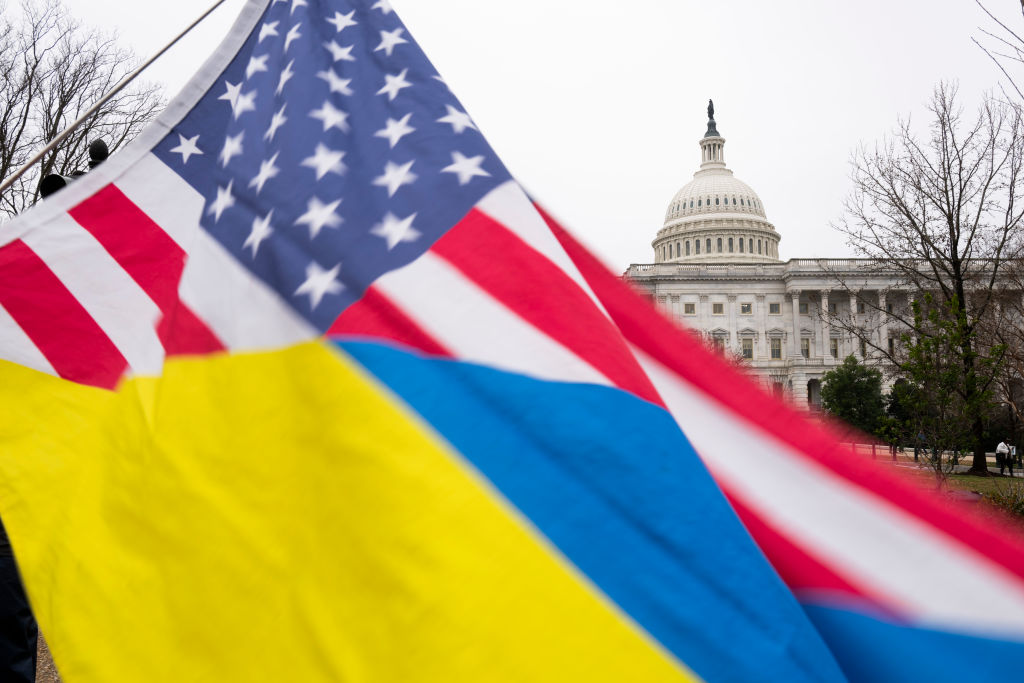The New York Times put many lives in danger in June when it published an op-ed from Republican senator Tom Cotton, advocating for President Trump to send the National Guard into several riot-torn cities. At least that’s what several of the paper’s employees claimed, both in an open letter to the paper’s editor and the editor of the opinion board.
Cotton wrote threatening words such as ‘Some elites have excused this orgy of violence in the spirit of radical chic, calling it an understandable response to the wrongful death of George Floyd. Those excuses are built on a revolting moral equivalence of rioters and looters to peaceful, law-abiding protesters. A majority who seek to protest peacefully shouldn’t be confused with bands of miscreants.’ Really chilling stuff there.
Staff writers complained on social media of having to still file their work on the day where such a brutal manifesto was splashed across the paper’s pages. The fallout resulted in the resignation of James Bennet, the Times’s editorial page editor, as well as a promise from Dean Baquet to never publish such controversial statements again and the exit of prominent wrongthinker Bari Weiss. The aftershocks resonated throughout editorial newsrooms across the country for weeks.
The New York Times was clear: that never again in its pages would it advocate an authoritarian military response to protests, which according to their shook millennial writers, could result in controlling and canceling elections, conflating civil liberties with acts of terror and disappearing people off the streets. Unless of course, if it came from the Communist party of China and their state-run media allies.
On October 1, the Times approved and published an op-ed from Regina Ip, a legislator and Executive Council member in Hong Kong. The piece titled ‘Hong Kong is China, Like It or Not’ raised eyebrows from both the left and the right. The subhead read ‘After months of chaos in the city, something had to be done, and the Chinese government did it.’ In it, Ip asks ‘Can a few young people clamoring that Hong Kong is its own “nation” really do that much harm? Does simply chanting some feisty slogans or waving a banner that says “independence” — or holding up a blank sheet of paper in its place — really threaten China’s national unity? Maybe, if those statements and gestures indicate a broader engagement in the organizing, planning, participating or committing of actual separatism. Such activities and situations tend to be dynamic, and their effects can quickly metastasize.’
[special_offer]
She goes on, ‘Like it or not, Hong Kong is part of China. And given the two’s vast disparity in size and Hong Kong’s growing economic dependence on the mainland, the city’s progressive integration with China is unavoidable.’
The piece is everything the staff at the Times accused Sen. Cotton’s op-ed of actually being, and that I believe is the clever bit of trolling the Times is attempting to pull off here. It’s either that or the Times actually believes in supporting a brutal communist regime which threw the globe into chaos with a pandemic, as it throws Muslim Uighurs into concentration camps.
There won’t be a mass upheaval in the newsroom. There won’t be any forced resignations. There won’t be any deep soul searching. The TikTok reporter will go about her day unscathed. There won’t be weeks of tweets and Slack channel discussions about personal safety. There won’t be any editorial policy changes made. The New York Times, much like the rest of our entertainment media complex, knows where the real money is and it’s not with supporters of Republican senator Tom Cotton.

























